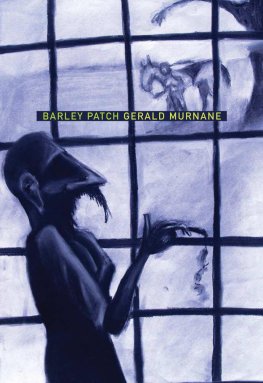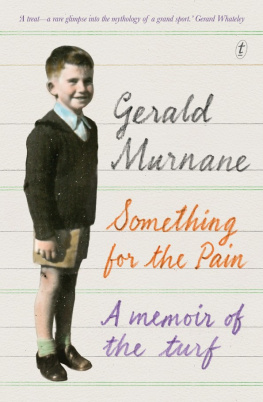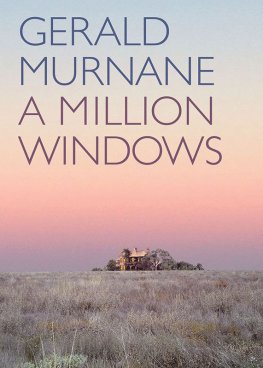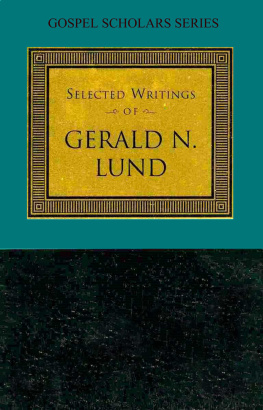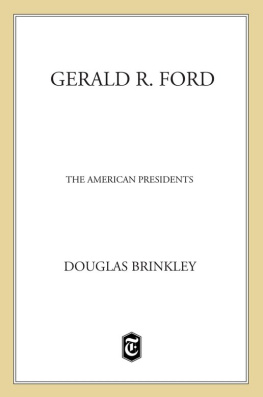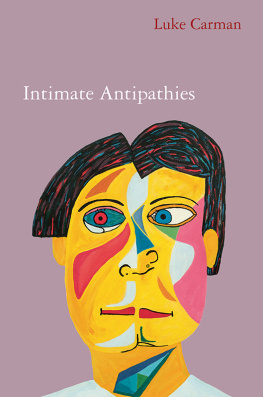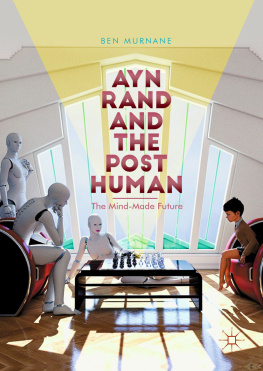Gerald Murnane - Invisible Yet Enduring Lilacs
Here you can read online Gerald Murnane - Invisible Yet Enduring Lilacs full text of the book (entire story) in english for free. Download pdf and epub, get meaning, cover and reviews about this ebook. year: 2005, publisher: Giramondo Publishing, genre: Art. Description of the work, (preface) as well as reviews are available. Best literature library LitArk.com created for fans of good reading and offers a wide selection of genres:
Romance novel
Science fiction
Adventure
Detective
Science
History
Home and family
Prose
Art
Politics
Computer
Non-fiction
Religion
Business
Children
Humor
Choose a favorite category and find really read worthwhile books. Enjoy immersion in the world of imagination, feel the emotions of the characters or learn something new for yourself, make an fascinating discovery.
- Book:Invisible Yet Enduring Lilacs
- Author:
- Publisher:Giramondo Publishing
- Genre:
- Year:2005
- Rating:5 / 5
- Favourites:Add to favourites
- Your mark:
- 100
- 1
- 2
- 3
- 4
- 5
Invisible Yet Enduring Lilacs: summary, description and annotation
We offer to read an annotation, description, summary or preface (depends on what the author of the book "Invisible Yet Enduring Lilacs" wrote himself). If you haven't found the necessary information about the book — write in the comments, we will try to find it.
This collection of essays leads into the eccentric imagination of Gerald Murnane, one of the masters of contemporary Australian writing.
Invisible Yet Enduring Lilacs — read online for free the complete book (whole text) full work
Below is the text of the book, divided by pages. System saving the place of the last page read, allows you to conveniently read the book "Invisible Yet Enduring Lilacs" online for free, without having to search again every time where you left off. Put a bookmark, and you can go to the page where you finished reading at any time.
Font size:
Interval:
Bookmark:
Invisible yet enduring lilacs
Invisible yet enduring lilacs
Essays Gerald Murnane

First published 2005, reprinted 2007
from the University of Western Sydney
by the Giramondo Publishing Company
PO Box 752 Artarmon NSW 1570 Australia
www.giramondopublishing.com
Gerald Murnane 2005
Designed by Harry Williamson
Typeset by Andrew Davies
in 11.25/14 pt Garamond 3 & Italia bold
Printed and bound by Ligare Book Printers
Distributed in Australia by Tower Books
National Library of Australia
Cataloguing-in-Publication data:
Murnane, Gerald, 1939 .
Invisible yet enduring lilacs.
ISBN 978-1-920882-09-9 (pbk)
I. Title.
A824.3
All rights reserved. No part of this publication may be reproduced, stored in a retrieval system or transmitted in any form or by any means electronic mechanical photocopying or otherwise without the prior written permission of the publisher.
Cover detail: Noel McKenna
Horse and Jockey (1993)
Ceramic plate, 29cm diameter
Acknowledgements
These essays were published over a period of twenty years, from 1984 to 2003, in the Age Monthly Review, Meanjin, Verandah, Brave New Word, Scripsi, Meridian, Tension, Tirra Lirra and HEAT, and are collected here for the first time.
This project has been assisted by the Commonwealth Government through the Australia Council, its arts funding and advisory body.

Other books by Gerald Murnane
Tamarisk Row
A Lifetime on Clouds
The Plains
Landscape with Landscape
Inland
Velvet Waters
Emerald Blue
Invisible Yet Enduring Lilacs
Barley Patch
A History of Books
A Million Windows
Something for the Pain
Border Districts
Collected Short Fiction
Authors Note
One of the least useful tasks that a person of my years might undertake is to ask how differently he or she should have done this or that in the past.
Even so, the author of the second-last piece in this book, when he was hardly younger than I am now, chose to ask himself just that question. He answered it by declaring that he should never have tried to write novels or novellas or short stories but should have allowed each piece of his fiction to find its own way to its natural end.
The authors conjecturing is futile, of course, but it has inspired me to make an even bolder declaration. I should never have tried to write fiction or non-fiction or even anything in-between. I should have left it to discerning editors to publish all my pieces of writing as essays.
Contents
MEETINGS WITHADAM LINDSAY GORDON
I remember an unseasonal cold in the air, an almost wintry sky, and mutterings around me from people I thought must have known the truth about the place. I knew little myself; and my father beside me was anxious, as usual, to be away.
I remember looking briefly through more than one window, but what was on the other side of the glass I do not remember. Yet I recall my childish sadness that day for things lost or detained far from their rightful surroundings. I imagined that the house itself had been shipped many years before from Britain. Hearing that a man had composed poetry behind the locked doors, I thought of the poet as a sort of prisoner there, writing to pass the months or years of his sentence or exile. And a strange chain of confusions made me think that the poet was Robert Burns, whose verses I had already chanced on and found, of course, unreadable.
I saw Adam Lindsay Gordons house in Ballarat only that once, on an afternoon in 1946 while I waited with my parents for the bus that would take us across the Western Plains on the second leg of our holiday journey from Bendigo to the coast. Twenty years later I looked at a photograph of the house and saw not a poets cell or a trans-planted bit of the Old World but the house where I had spent the Bendigo years of my childhood. Distracted on that grey summer day by mutterings about the poet and his unhappiness, I had not recognised the two front windows, the central front door, and the hooded iron verandah roof the same pattern that was repeated over and over among the gravel footpaths and picket fences and pepper trees of Bendigo and every other goldfields town.
I had failed to notice that the glass I peered through for signs of my first poet was part of the same symmetry that always appeared to me in the streets of Bendigo as a pair of eyes and a nose under a frowning forehead. Those were the eyes of all the people detained where nothing could ever be a subject for poetry or fiction. I would have seen myself as one of those blankly staring people except that my father talked often of taking us for good where we went every Christmas south-west to his native district on the coast. Indoors on hot afternoons I never peeped around the drawn blinds of my own twin windows because I was thinking of our journey through the hills to Ballarat and then out over the plains.
I could never handle any of the Victorian Readers, published by the Education Department, without imagining a single personage as their compiler. It was a male, the son of a Methodist minister, with two grandparents from Birmingham, one from Aberdeen, and one from Belfast. In his youth he had worked briefly as a jackaroo. Later he had been wounded at Gallipoli. In his mature years, apart from compiling the readers, he was a bushwalker, a lay preacher, and a student of British and Imperial History and Greek and Roman mythology.
In 1949, at a two-roomed school in a forested district a little east of Warrnambool, my teacher actually looked and talked like the Compiler of Readers. And on a certain February afternoon, with his back to a window where deciduous shrubbery framed a sky hazy with bushfire smoke, he took us (his words) for poetry.
Hark! the bells on distant cattle
Waft across the range,
Through the golden-tufted wattle,
Music low and strange;
Like the marriage peal of fairies
Comes the tinkling sound,
Or like chimes of sweet St. Marys
On far English ground.
These and forty other lines from Ye Wearie Wayfarer were printed in our Reader (with a new title and their stanzas altered to make them seem like a message of simple optimism). Girls who could be relied on to put feeling into their voices read aloud a stanza each. Then the composite overseer of my childhood explained that although the poets love of beauty was apparent, still Gordon was not quite a poet to be proud of. He had not quite become an Australian. Just when the cattle-bells and the wattle should have made him appreciate the true beauty of Australia, Gordon had felt homesick for England.
I did not think it odd that Gordon should be blamed for Englishness by the same authority who taught loyalty to Empire. There were appropriate times for an Australian to think of England: during (Protestant) church services; on Shakespeares birthday; at the funeral of a civic or military leader. In general an Australian thought English thoughts indoors and when solemnity was called for. Out of doors one could be Australian, and more light-hearted. Yet I felt a certain sympathy for Gordon. I suspected in those days that a secret meaning was hidden in the landscapes of Australia; and I thought Gordon with his simple home-sickness might have been closer to that meaning than the Compiler of Readers with his breadth of outlook.
Next pageFont size:
Interval:
Bookmark:
Similar books «Invisible Yet Enduring Lilacs»
Look at similar books to Invisible Yet Enduring Lilacs. We have selected literature similar in name and meaning in the hope of providing readers with more options to find new, interesting, not yet read works.
Discussion, reviews of the book Invisible Yet Enduring Lilacs and just readers' own opinions. Leave your comments, write what you think about the work, its meaning or the main characters. Specify what exactly you liked and what you didn't like, and why you think so.


